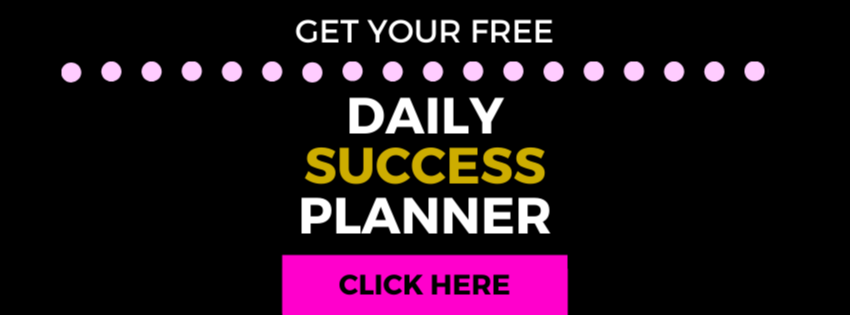How To Set And Stick To Your Boundaries
If you’ve been feeling drained because you have too much to do, then it’s time to set some new boundaries. You may be overcommitting yourself but also taking on too much personal baggage from other people. This can leave you feeling depleted. You don’t have enough time to focus on your own tasks, let alone take on someone else’s. Setting boundaries is one of the best ways to stay focused on your goals. You know what you will and will not do. It’s not an easy process and it can be difficult to stick to when others challenge your boundaries. However, having boundaries allows you to stay focused on what truly matters most to you. Here is how to set clear boundaries and stick to them!
Set Your Boundaries
The first step is to examine your life and notice where your boundaries are lacking. You may need to set physical boundaries around your personal space. Emotional or mental boundaries around what other people say and share with you. Boundaries around how you spend your time and your availability. Think about what situations leave you feeling stressed, overwhelmed, drained, or depleted. Notice if these feelings register in your body such as a headache, tightness in your chest, etc. Decide what boundaries you can put into place so that you won’t feel that way in the future. Start small and the more you practice, the better you will get at setting boundaries.
Communicating Your Boundaries
Next, clearly communicate your boundaries with others. Communicating boundaries can be difficult and uncomfortable. But, it must be done. You may need to notify a friend or family member that you’ll be unable to take their call if they continue to share too much personal information with you. You may be changing what you will and will not eat. You could be setting aside a specific time each day to work on your goals and don’t want to be disturbed. Let other people know that you’re making some changes and that you hope they’ll understand how important this is to you. Share how you feel and acknowledge that they might not be aware of the distress it’s causing you when your boundaries are tested. State your new boundary that if it this boundary is crossed, explain how you will respond. Such as, being unavailable in the future. Make sure you communicate your boundaries so that the other parties involved will not be surprised with your new response.
Stick To Your Boundaries
Lastly, you must maintain your boundaries. A boundary is not an ultimatum for others. It’s a personal limit that you’ve set to protect your own wellbeing. Do not feel bad enforcing your boundaries. Even if the other person expresses disappointment, anger, or is upset. Do not be surprised when you experience push back. Stand your ground and stick to your boundaries. You have set this boundary for a reason and the important thing is that once you set a boundary, you maintain it. You do not need to over explain why you’re unavailable or cannot do something. If you give in, you’ll revert to your old ways and find yourself right back where you started. You’ll feel stressed, overwhelmed, frustrated, angry, and full of resentment. Honor yourself and stick to the boundaries that you’ve set.
You cannot change other people and how they respond. You can however, choose how you respond. Set boundaries and reclaim your own personal power. Having a boundary is your ability to set clear limits on what you can and cannot do. You are not selfish, rude, or mean to do so. Maintaining your boundaries can be the most difficult thing to do. But, when you stick to your boundaries, you’ll feel more energized, happier, and have more time to work towards your own goals.


